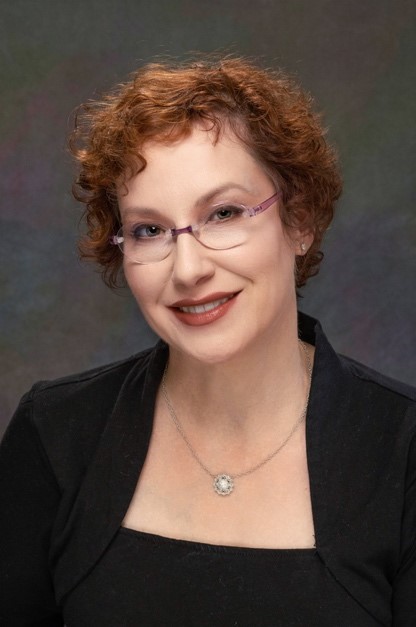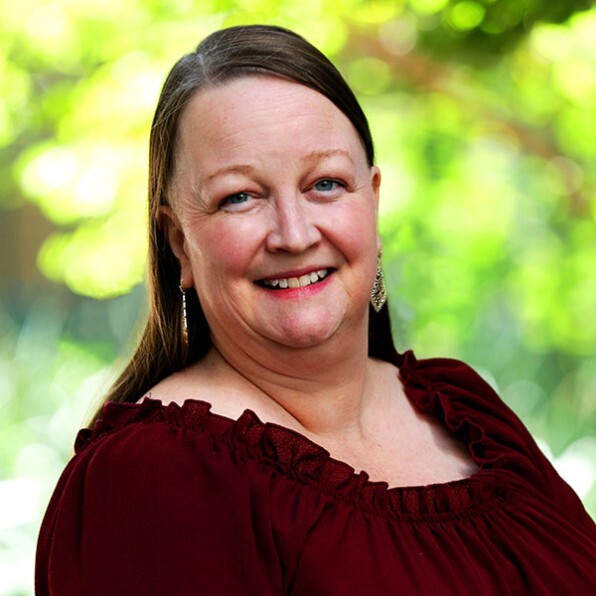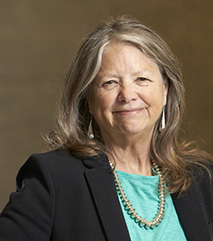Sign In
The Teaching Bank is an online resource center. It includes writing problems and exercises, syllabi, grading rubrics, teaching ideas, and other materials. Access to the Teaching Bank is professional teachers of legal writing.
Teaching Bank Sign In:
Become a Member
LWI has nearly 3,000 members. Members represent all ABA-accredited law schools in the United States as well as law schools in other countries. LWI members also come from undergraduate schools and universities, the practicing bar and the judiciary, and independent research-and-consulting organizations. Anyone who is interested in legal writing or the teaching of legal writing may join LWI.
Learn MoreBecome an LWI Member:
Become a MemberApply for our Teaching Bank Membership:
Teaching Bank Membership2023 Award Winner: Ruth Anne Robbins

The Association of Legal Writing Directors and the Legal Writing Institute are proud to announce that the winner of the 2023 Thomas F. Blackwell Memorial Award for Outstanding Achievement in the Field of Legal Writing is:
Ruth Anne Robbins
Ruth Anne is a Distinguished Clinical Professor of Law at Rutgers Law School, where she has taught since 1997. She is a Past President of LWI, and she is a longtime Board member of Legal Communication and Rhetoric: JALWD, currently serving as Editor-in-Chief Emeritus. Ruth Anne is also a co-founder of the Applied Legal Storytelling International Conferences, co-sponsored by LWI and CLEA.
Ruth Anne’s nominators call her “the consummate teacher.” She is a four-time recipient of Rutgers’s Lawyering Professor of the Year Award, and in 2018, Rutgers awarded her the prestigious Lindback Foundation Teaching Award. Ruth Anne is also a prolific scholar and a dedicated leader and mentor. In the words of Ruth Anne’s nominators, “Few members of the legal writing community have made so many far-reaching contributions to our field as Ruth Anne Robbins. She has been a leader in helping individual members of our community, as well as our collective group, succeed. Through her leadership roles and committee work, she has raised the profile of our membership and helped professors across the country excel in both teaching and scholarship. Moreover, she has been a thoughtful leader on the cutting edge of legal writing scholarship and pedagogy.”
The Thomas F. Blackwell Award is presented annually to a person who has made an outstanding contribution to improve the field of legal writing by demonstrating (1) an ability to nurture and motivate students to excellence; (2) a willingness to help other legal writing educators improve their teaching skills or their legal writing programs; and (3) an ability to create and integrate new ideas for teaching and motivating legal writing educators and students. Without a doubt, Ruth Anne exemplifies these qualities in many ways. Here are some illustrative excerpts from Ruth Anne’s nomination letters:
Professor Robbins’ students praise her as a teacher, mentor, and friend. Anonymous student evaluators of her first-year legal writing classes have described her as “absolutely wonderful,” “a great teacher,” “engaging,” “responsive,” “outstanding,” “a fantastic teacher,” and “everything I could ask for in a professor.” Student evaluations of Professor Robbins’ Persuasion course have also been effusive. Several students have described seeing meaningful improvement in their skills; one person reported that “I feel my writing has taken on a greater level of depth.” . . . Yet another person wrote, “The skills I learned here are invaluable and I am positive that I will draw on what I learned from this class for the rest of my legal career.”
Whether it’s conferencing about a piece of writing, reviewing resumes, helping a student when a job offer unexpectedly falls through or navigating a family crisis, I cannot think of a presence at Rutgers Law School that is more dedicated to the academic and holistic well-being of her students. Parents and grandparents excluded, I have never, and may never again, have a mentor who is so unwaveringly supportive, understanding, and caring about my legal aspirations and personal growth and development.
Ruth Anne is recognized as the primary force in the creation and development of three sub-fields of the discipline of legal writing: applied legal storytelling, client-centered lawyering, and document design. Within each sub-field, she came up with new ideas, refined and developed
them through research and examination, wrote about the resulting concepts, and integrated all this into her teaching of law students and lawyers. In conversations, workshops, webinars, social media posts, and articles, she helped spread new disciplinary concepts to other teachers and, through other teachers, to greater numbers of students and lawyers.
Despite all of her many discipline-building and teaching accomplishments, Ruth Anne has always had time to help and mentor the new professor and the just-starting-off scholar. She has selflessly mentored and shared her ideas and materials with countless other professors in the field. Many careers would not be the same without having had the benefit of her professional influence.
I presented my initial thoughts on kairos during one of the storytelling conferences. The presentation came very early in my research and thinking on the subject. I said something in the presentation that resonated with Ruth Anne, and she wrote it down (and even used it in a footnote years later). She became my personal cheerleader on the kairos project, frequently reminding me that “the time was right” for me to share my draft and later on to complete the article. . . . Ruth Anne’s consistent reminders were important in keeping me on track, but more important was her insistence that the work I was doing mattered.
This nomination cannot adequately convey Ruth Anne’s most important qualities—qualities that anyone who has worked with her admires—the enormous energy, commitment, and caring she brings to every endeavor on which she embarks. She is proud to be a member of the legal writing community, and we are so fortunate to have known her and benefitted from her talent.





